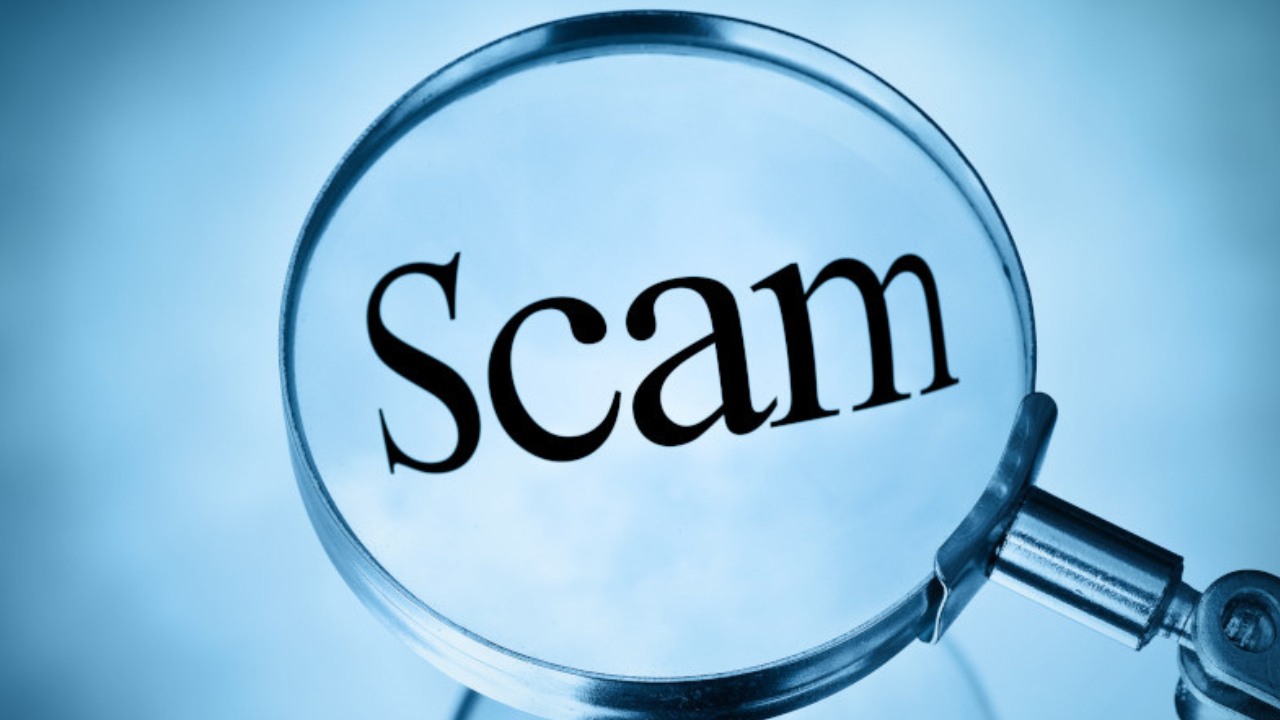AARP Hearing Center

When you’re the victim of fraud, the financial loss isn’t the only toll you pay. There’s also the emotional cost.
“Both times it was difficult,” Maria M. says. “It was exhausting. You don’t know what’s going on. You wake up thinking about it and you go to sleep thinking about it, wondering if something else will sneak through.”
Recently retired from a career in marketing, the western Massachusetts resident has experienced scams twice – once years ago while living in Pennsylvania, the second this past February living in Massachusetts.
In the first instance, a woman stole her name and social security number and used them to establish herself. Maria, 70, doesn’t believe she lost any money in that scam. “I called the police and reported it to Washington. I’ve never had any more problems with that, but I don’t know if it ever got totally cleared up.”
The more recent incident involved her bank debit card. She was alerted to the hoax when she received a text receipt for a taxi ride someone took in Oklahoma City. She immediately went to her bank, where a manager identified that charge and other bad ones that were pending.
The bank was able to stop payment on the fraudulent charges. One of the pending ones, though, was from a California company that creates paycheck stubs. The fraudster may have been planning to steal a lot more money from her. “Thank God for the taxi receipt,” she says. “That was the tipoff.”
The bank gave her a new debit card number and recommended that when doing online purchases she use a credit card instead of the debit card. “That way, if there’s a scam you won’t be out the money. The credit card company will have to fight it,” she says.
The second piece of advice she received: When making purchases with a debit card in person, don’t insert the card into the card reader; tap the machine, instead. Inserting a card enables potential criminals to glean more information about you than when you tap it.
Turns out, that’s good advice when using a credit card, too.
Maria notes that when she reported the incidents, neither police nor bankers were surprised. Both times, officials told her, “‘We get these all the time.’”
Her final tip for the rest of us: Keep a close eye on both your checking and credit card accounts to make sure there are no nasty surprises lurking
Bob Lovinger is a retired journalist and grant writer turned AARP Volunteer. He is a resident of Bristol County































































